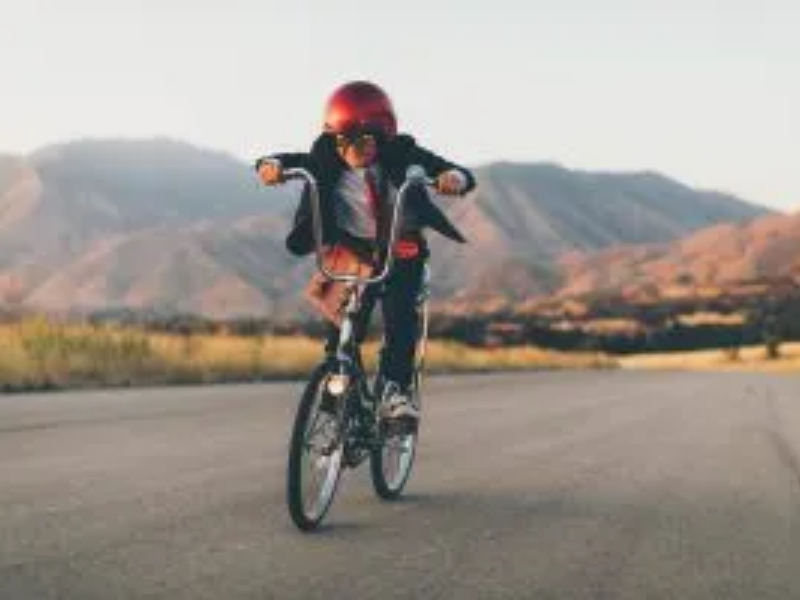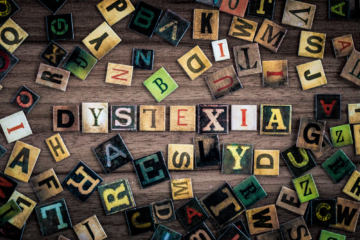
The three essential components of a learning mindset
In this post, I would like to share three concepts which fascinate me: play, experimentation and mastery.
Not only do they fascinate me, they have become fundamental to my understanding of personal growth and development. As a result, they have informed my notion of a learning mindset which underpins the i-coach methodology.
I have seen how impactful they can be when they are prioritised, adopted and developed.
This past year has been a year of huge change, challenge and transition for all of us. So much feels out of our control, but there are so many ways in which we can support ourselves.
Through my coaching, reflection and study, I am left in no doubt that a learning mindset, informed by play, experimentation and mastery, is the best way to support ourselves.
It’s what makes the difference between surviving and thriving, and I want to show how they are connected.
In addition to sharing my own thoughts, in this post I will link to texts and articles which offer useful further reading. I’ll also share links to personal stories to really bring their importance to life.
Play
For many of us, playtime seems like a distant memory. But I want you to take a moment to cast your minds back to the time you were in the sandpit, at the paint table or pretending that the floor was lava.
Have you ever wondered why you were doing it? Or, more generally, have you stopped to think about why children play?
Play allows us to learn about the world, test boundaries and challenge ideas in a safe setting. It allows us to think flexibly, to imagine without limits, to make mistakes, learn from them and get over setbacks.
On our website, Max fulfilled a childhood dream to become a pilot. Her journey wasn’t plain sailing, or clear flying. Overcoming them depended hugely on her ability to hang on to that childhood wonder and sense of play she had as a child.
Play is a key component of the learning mindset. To learn something quickly, you need to be able to have an environment in which you can think creatively, try new ideas, make mistakes and move on quickly.
Play also supports our emotional health and wellbeing. It releases positive chemicals, it can help us feel psychological strength and get ready for learning. This is essential during periods of transition. Whether transition is something we choose to enter into knowingly or a process that we find ourselves in, it makes sense to prepare as best we can for it.
Keeping a sense of play alive in us prepares us for the knocks we will face, enhances our triumphs and keeps us wondering about what is possible.
iOpening was developed with this in mind. Through the programme, you’ll build your capacity for curiosity and you’ll be encouraged to experiment and play. This isn’t just to get you ready for the next change on the horizon. It’s your chance to lay the foundation for continual regrowth and regeneration, for years and years to come.
Experimentation
Play and experimentation are very closely linked. Experimentation might suggest an element of randomness or perhaps even frivolity, but I disagree.
Experimentation isn’t about doing something at random. In pursuit of personal growth and development, it’s a powerful tool that you can use in two ways.
First you can use experimentation to build more insight into yourself: the kind of learner you are, it can help you to understand your values and strengths. You can then take that insight into your career and personal life to live a fuller, more fulfilling life.
You might take singing lessons, for example. Experimentation in this sense means that you’re not taking singing lessons to become a pop star. You’re doing it for what it can tell you about yourself. On our website, the academic Ernesto Spinelli describes how he made the switch from academic writing to novel writing and what it taught him about himself.
Second, you can experiment to discover the kind of life you want to have, the career you want to pursue. Teenagers have gap years full of experimentation. While I’m not advocating that we should sign ourselves up to bungee jump off the Rio Grande Gorge Bridge, I do think it’s worth trying to capture or recapture that sense of trying something new out to see what gives us that energy, motivation and drive.
On our website we have a number of tools and resources you can use to help you embrace your sense of play and experimentation.
Mastery
The reason mastery feels linked to play and experimentation is because I think that we often consider play at one end of the scale and mastery at the other. I propose that they actually go hand in hand.
The concept was introduced to me by my mentor and business partner Prof. Mike van Oudtshoorn.
There are two quotes I love by the writer and educator, George Leonard: “There are no experts. There are only learners” and “To be a learner, you've got to be willing to be a fool.”
In his book Mastery: The Keys to Success and Long-Term Fulfilment Leonard suggests that if there is any sure route to success and fulfilment in life, it is to be found in the long-term process of mastery, which is essentially goalless.
Being a master means always being a student. It means always being in a state of willingness to embrace play and experimentation. Our society doesn’t tend to praise or reward the mastery mindset. It should.
On our website, Neil describes his experience as a student of many things; of maths, of the ukulele, of writing. He explains how this not only staves off cognitive decline, but it helps him to achieve the life he has designed for himself.
Connecting the three
Embrace being a fool
Successful learning asks that you invoke the spirit of the fool. Yes, you feel clumsy, but we must be prepared to embrace the bellyflop.
Be open to the experience of experimentation and play
Don’t look for the goal, achievement or certificate. It really is about the journey, not the destination. The novella Jonathan Livingstone Seagull is all about the idea of progress and perfection, learning and teaching.
Give it a go – surrender!
Be willing to negotiate with your resistance to change. Surrender to your teacher and to the demands of your discipline. A beginner who enters the room rigid and armoured won’t allow new learning to get through. Give it a try! What have you got to lose?
Value the plateau
Growth spurts feel great but a lot of what learning is about is about being on the plateau and continuing to practice even when there are few signs of progress (a bit like dieting in mid-life!) Accept that this is part of the learning journey.
Persevere
You need to make mistakes to learn. It takes resolve and energy to keep going in the face of setbacks, but go on you must. One-to-one coaching can offer that support and guidance. Group coaching offers that wonderful sense of shared experience which motivates a group around a purpose and encourages them to keep going.



